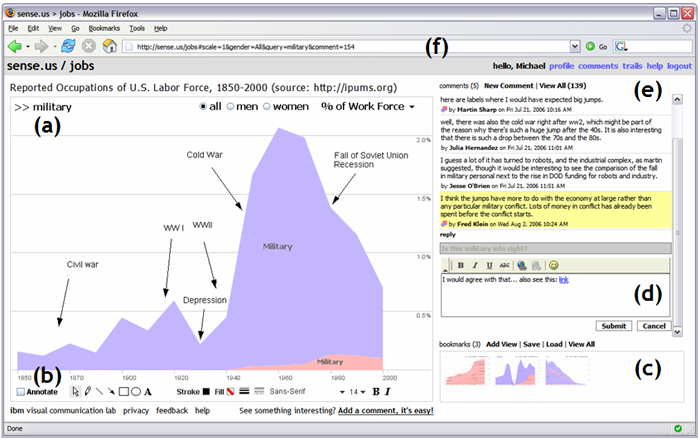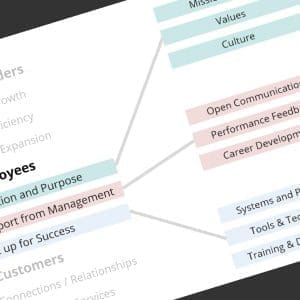It’s much easier to install the software than it is to get participation … you need to put some thought into the why? and the who? …
Why are we doing this?
Jack Vinson posted this list from C.G Lynch (CIO.com): Seven
Reasons for Your Company to Start an Internal Blog
- Your enterprise e-mail applications are not easy to search – access to “buried in a colleague’s inbox”
- Your e-mail is lost in the eye of the “cc storm” – “With e-mail, information sharing is haphazard, disorganized”
- Ex-employees can take it with them – Or, in the case of most IT departments, the old email account is “dissolved, and all the valuable information … disappears into a data wasteland”
- Too much wasted time checking in with colleagues – Driving more efficient Status Reports … “If [they] read your blog, [they] already know …”
- With blogs, the humble and the egotist both win – (Well, every list needs to have a clunker …)
- Organizational openness and accountability – I’ve always loved the hidden power that the automatic name and datetime stamps brings
- People might already be using them – Ok, the second clunker on the list. Just because I do something at home doesn’t make it appropriate for the office …
Who is going to write?
My most significant learning of the last 12 months has been the chore of getting people to actually contribute. We’ve tried making it part of their goals, cajoling them with the idea of eliminating help calls, and guilting them with the concept of a sustainable, fault-tolerant process methodology. Many ideas work, some better than others – but it’s important to understand the mentality of a contributor.
Some interesting stuff in recent weeks:
- Andy Oram has published results from an interesting O’Reilly survey on why people write free documentation. I found the most interesting recurring thread to be the idea that altruism, the desire to contribute to the general good, is a significant driver. Well, maybe item #5 above is not such a clunker
after all … - Jeffrey Phillips blogs about writing as an underappreciated skill. This is very important to understand – desire does not always translate to ability and effectiveness.
The information aesthetics site recently hilighted a pair of visualizations that provide some insight into authors and contributors …
… from JoSS, a graph that illustrates participation in discussion forums …

… from Berkeley, a visualization system that illustrates participation over time …

Heck, those are just cool looking visualizations …





Comments (0)